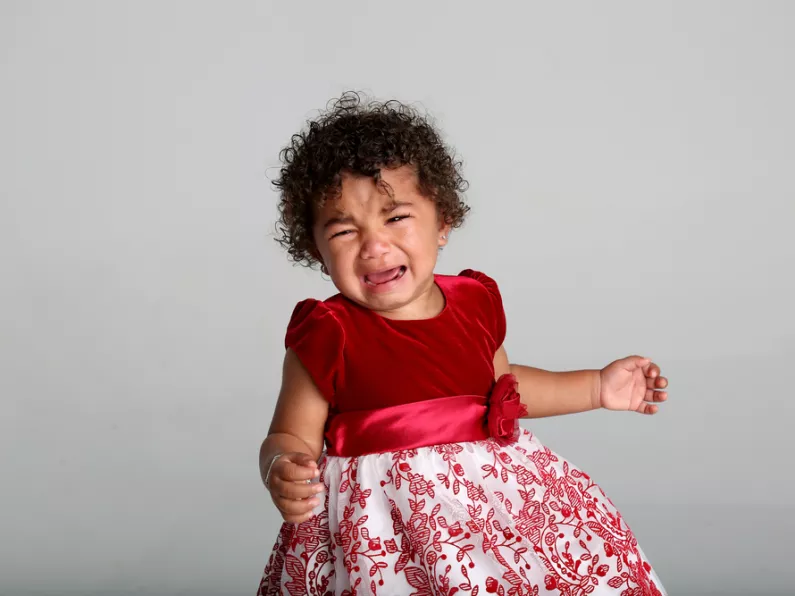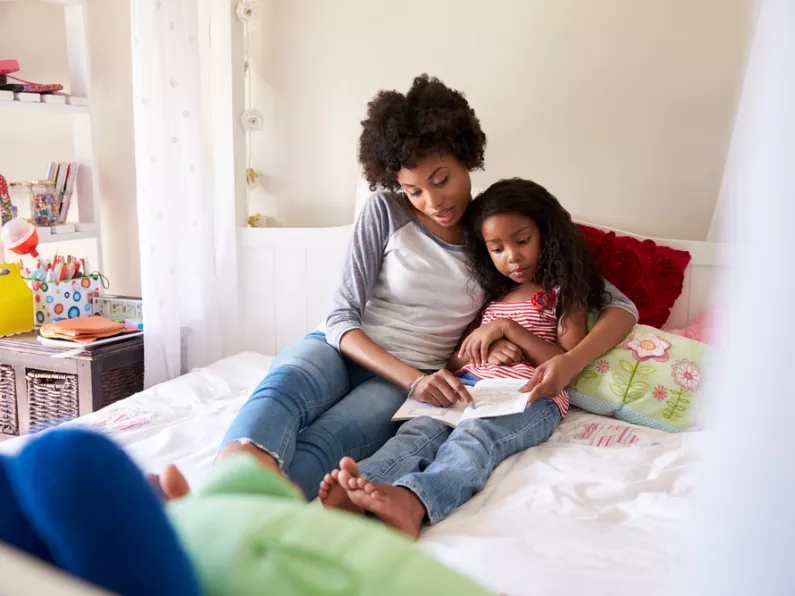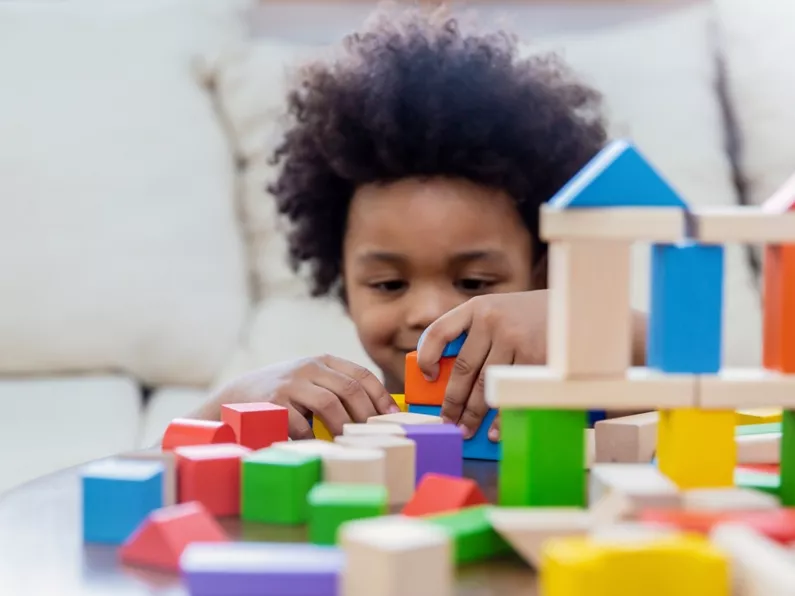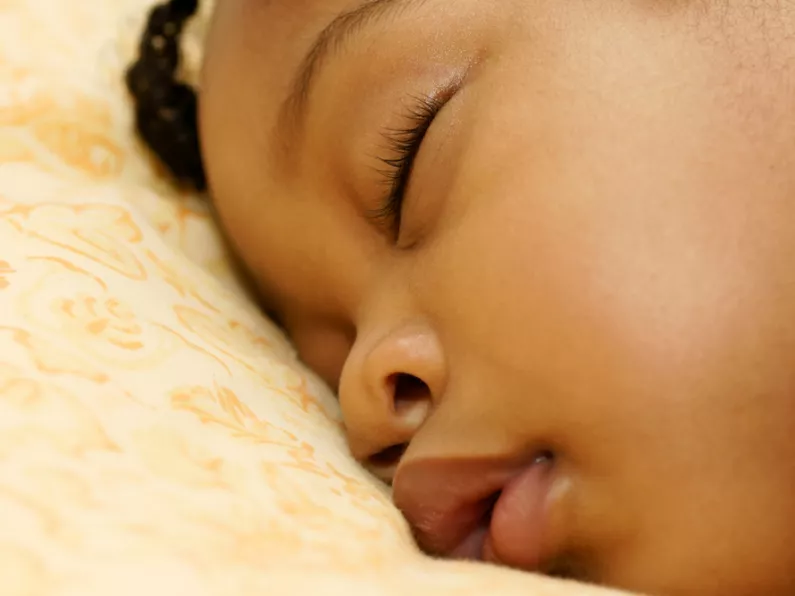Tantrum; a word that sends shivers down your spine but is almost a parenting right of passage.
Although very common in toddlers, tantrums and meltdowns should have dissipated by the time your child reaches school age,
And if they haven't, it may be a sign that they're struggling with emotional self-regulation.
What is self-regulation?
Self-regulation is the ability to manage your emotions and behavior in accordance with the demands of the situation. It includes being able to resist highly emotional reactions to upsetting stimuli, to calm yourself down when you get upset, to adjust to a change in expectations, and to handle frustration without an outburst.
It is a set of skills that children develop as they mature.
What does emotional dysregulation look like?
Problems with self-regulation manifest in different ways depending on the child.
Some kids have an immediate outburst while others let their distress build up like a pressure cooker until they explode.
The key for both kinds of kids is to learn to handle those strong reactions and find ways to express their emotions that are more effective (and less disruptive) than having a meltdown.
Why do some kids struggle with self-regulation?
Emotional control issues can be a combination of temperament and learned behavior.
Some babies have trouble self-soothing and may be more likely to experience trouble with emotional self-regulation when they’re older.
But the environment plays a role as well. When parents give in to tantrums or work overtime to soothe their children when they get upset and act out, kids have a hard time developing self-discipline.
How can you teach self-regulation skills?
You need to help your child choose an effective response instead of being impulsive.
The key to learning self-regulation skills is not to avoid situations that are difficult for kids to handle, but to coach them through them and provide a supportive framework until they can handle these challenges on their own.
Practice makes perfect for both you and your little one!
Help kids become self-reflective
When you approach impulsive, inappropriate behavior calmly and give your child time, they can learn to choose better ways to respond to that situation.
It is important to be non-judgmental and non-emotional.
Mindfulness and meditation are very beneficial for children with self-regulation issues.







